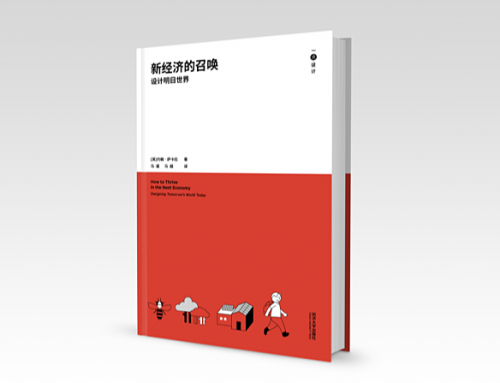So Nicholas Negroponte, founder of the Media Laboratory at MIT, is to bestow laptop computers on poor people for just $100. To the punters in Davos, where Negroponte was promoting his project, $100 probably sounded cheap: many were paying $100 an hour to be there. But in Mali, where 90 percent of the population lives on $2 a day, Nick’s Laptop would cost people two or three months’ earnings. During thoughtful exchanges on Worldchanging, Robert Neuwirth pitched in with a criticism of “top-down, tech-heavy approaches to democratization and globalization” – and others pointed out that radios and telephones score higher if you actually ask people what they need. As we learned from the extraordinary Sam Pitroda at Doors 4, back in 1996, connectivity is as much about the design of clever business models as it is about tech. Pitroda enabled hundreds of millons of people to gain access to telephony by designing the Public Call Office (PCO) concept – a low-tech, high-smarts system based on the clever sharing of devices and infrastructure. PCOs exemplify the kind of design skills that we need to learn from India (for example, at Doors 8) and adapt to our own situations.




